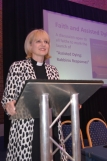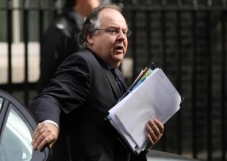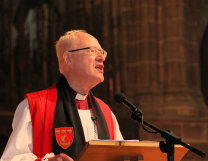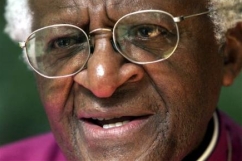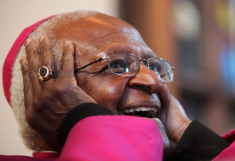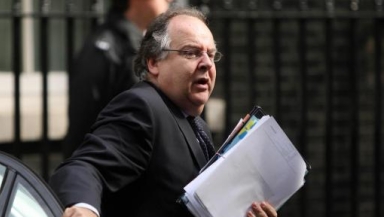
Archbishop Justin Welby has joined over 20 other British faith leaders in rallying against Lord Falconer's Assisted Dying Bill, which will have its second reading in parliament on Friday.
A joint statement, written from a "deep human concern", warns that if written into law, the bill "would have a serious detrimental effect on the wellbeing of individuals and on the nature and shape of our society".
The statement echoes concerns raised by Welby in an article published in the Times last Saturday, in which the Archbishop insisted that measures to promote assisted dying could mean vulnerable people are pressured into ending their lives.
"What sort of society would we be creating if we were to allow this sword of Damocles to hang over the head of every vulnerable, terminally ill person in the country?" he asked, arguing that Lord Falconer's bill is "naive" for assuming that protections will be sufficient to prevent this from happening.
"Abuse, coercion and intimidation can be slow instruments in the hands of the unscrupulous, creating pressure on vulnerable people who are encouraged to 'do the decent thing'," Welby wrote.
The statement released today – which has also been signed by Colonel David Hinton, Chief Secretary of The Salvation Army, Archbishop of Westminster Cardinal Vincent Nichols and Dr Shuja Shafi, Secretary General of the Muslim Council of Britain, among others – also underlines the "intrinsic value" of human life, which "ought to be affirmed and cherished".
"This is central to our laws and our social relationships; to undermine this in any way would be a grave error. The Assisted Dying Bill would allow individuals to participate actively in ending others' lives, in effect colluding in the judgment that they are of no further value. This is not the way forward for a compassionate and caring society," it reads.
"Vulnerable individuals must be cared for and protected even if this calls for sacrifice on the part of others."
In addition to reiterating concerns about vulnerability, the statement suggests that "the bill raises the issue of what sort of society we wish to become: one in which life is to be understood primarily in terms of its usefulness and individuals evaluated in terms of their utility or one in which every person is supported, protected and cherished even if, at times, they fail to cherish themselves".
It concludes: "While we may have come to the position of opposing this bill from different religious perspectives, we are agreed that the Assisted Dying Bill invites the prospect of an erosion of carefully tuned values and practices that are essential for the future development of a society that respects and cares for all.
"Better access to high-quality palliative care, greater support for carers and enhanced end of life services will be among the hallmarks of a truly compassionate society and it is to those ends that our energies ought to be harnessed."
The statement follows the surprise announcement from former Archbishop of Canterbury George Carey and Archbishop Desmond Tutu of their support for the Assisted Dying Bill.
"I revere the sanctity of life – but not at any cost," Tutu insisted, while Carey wrote in the Daily Mail: "old philosophical certainties have collapsed in the face of the reality of needless suffering".
Friday will see a crucial parliamentary vote on the matter.










